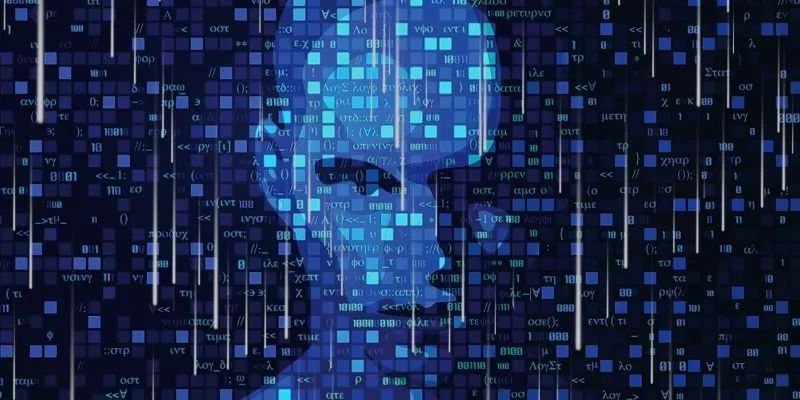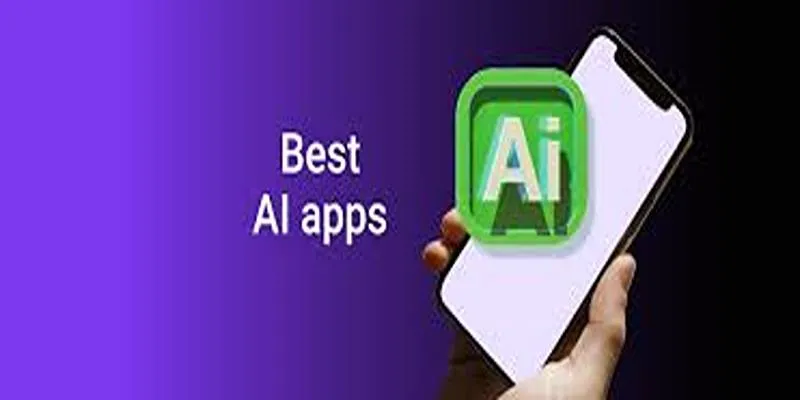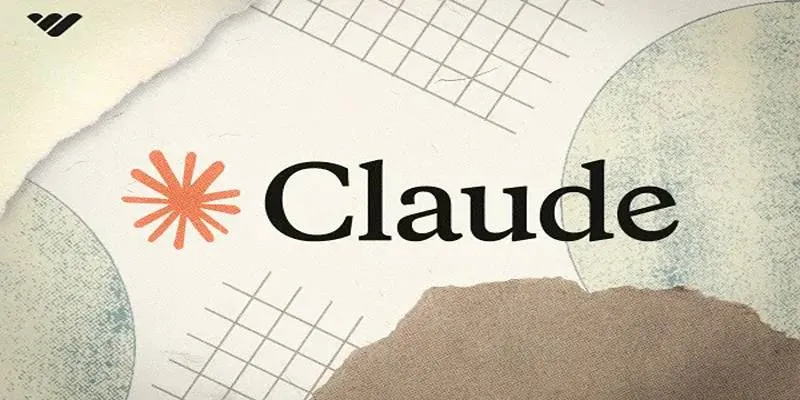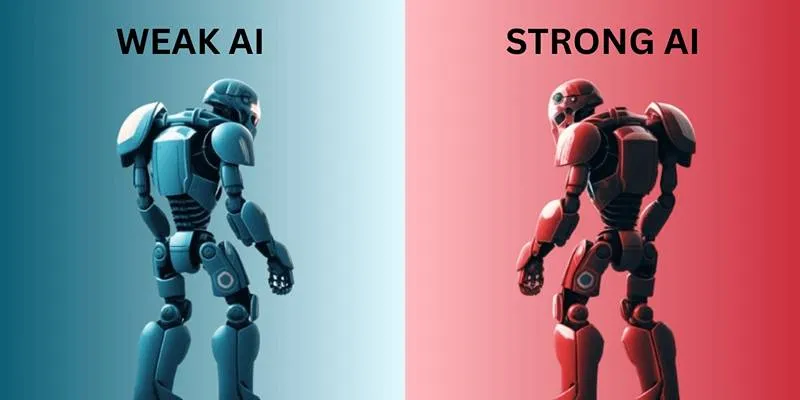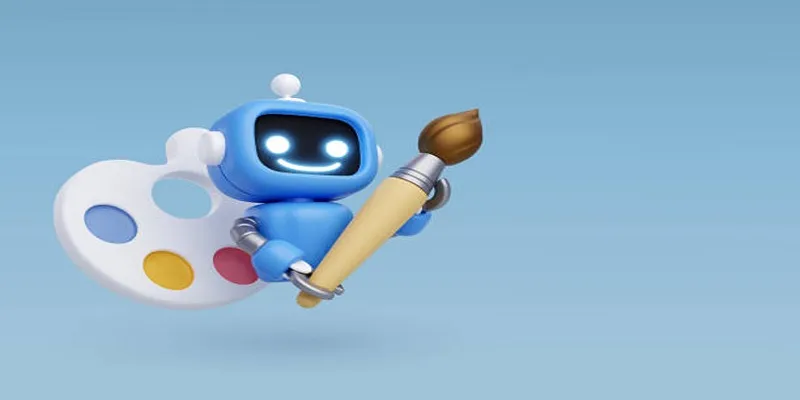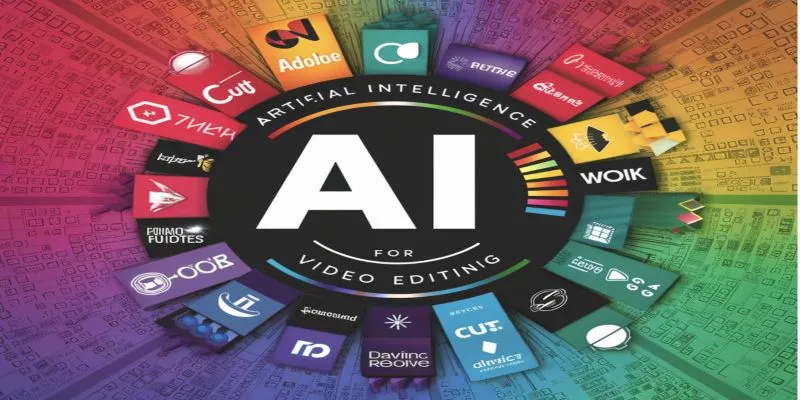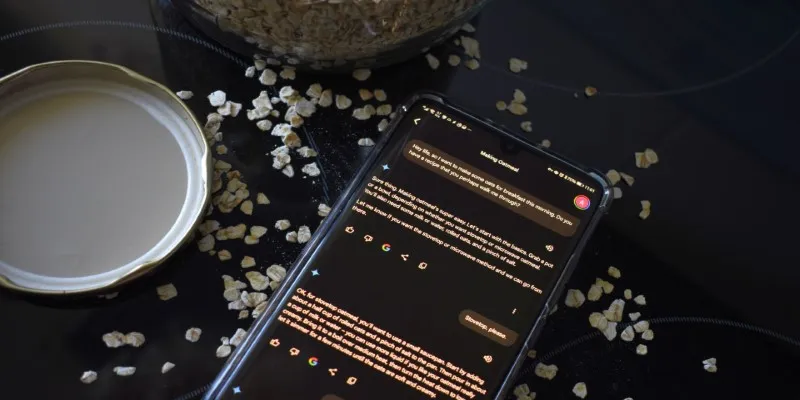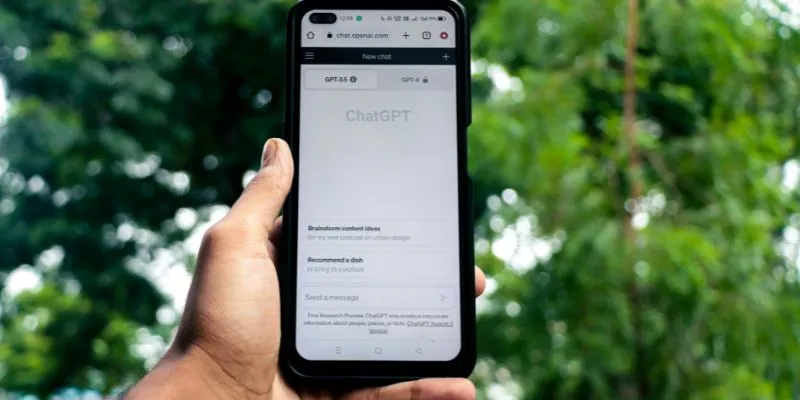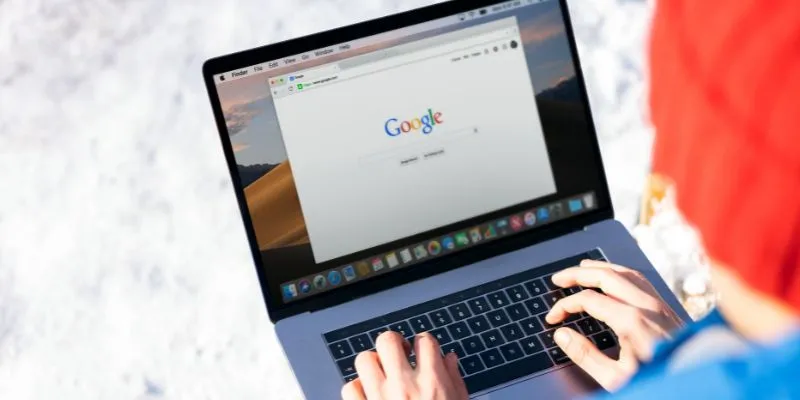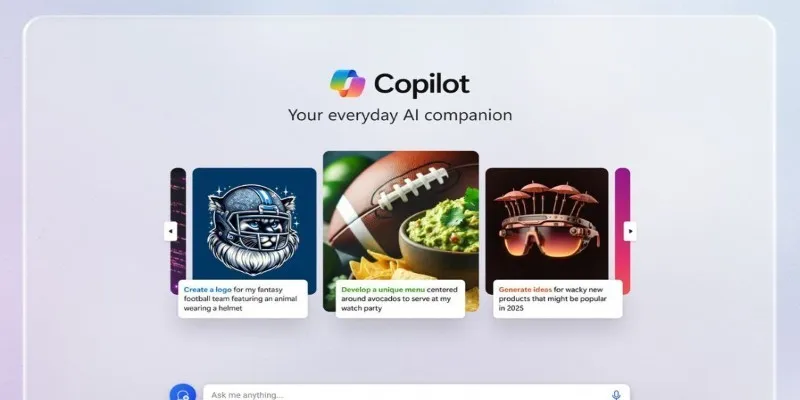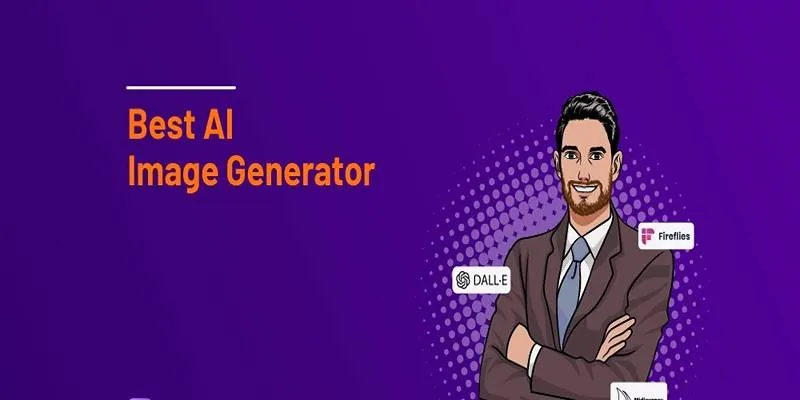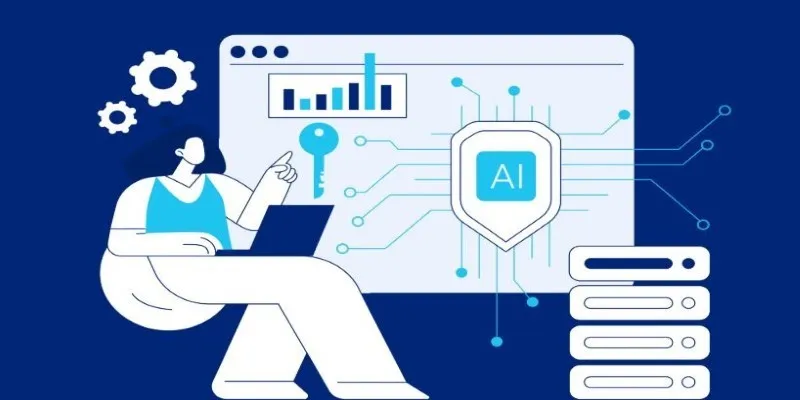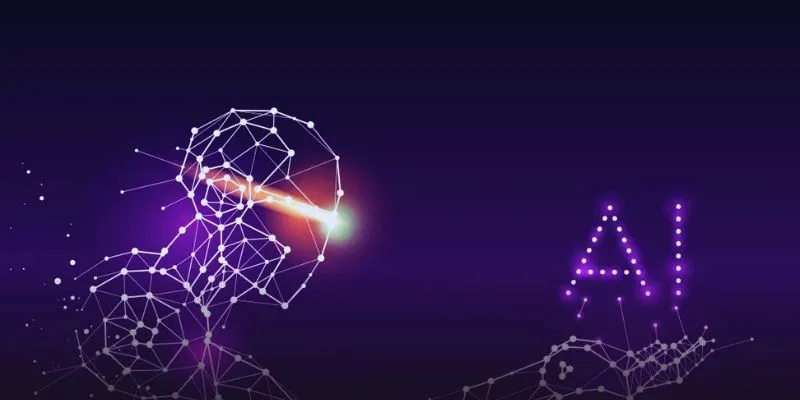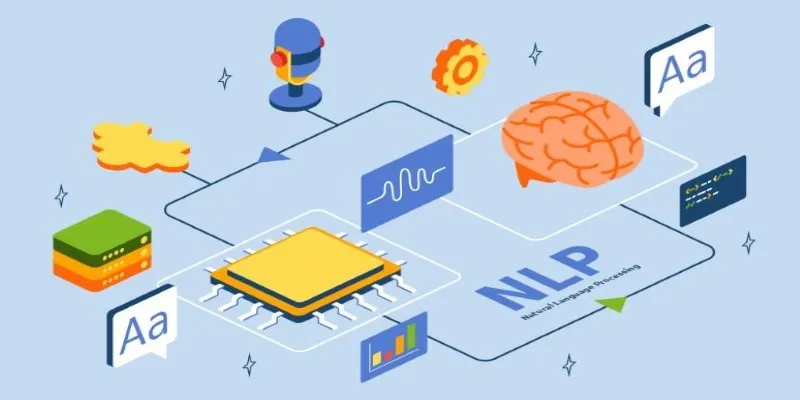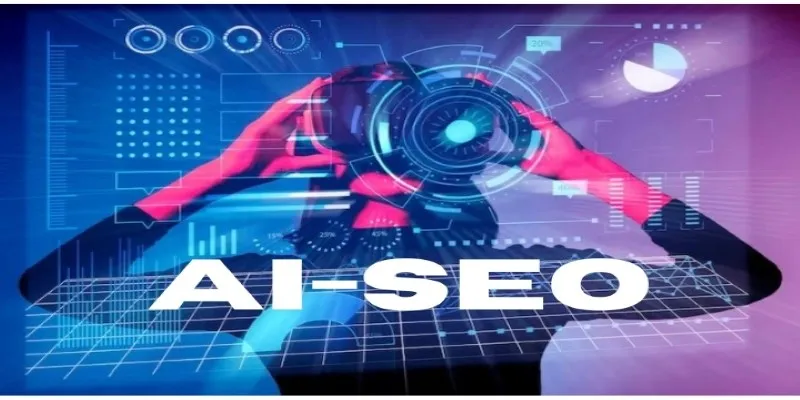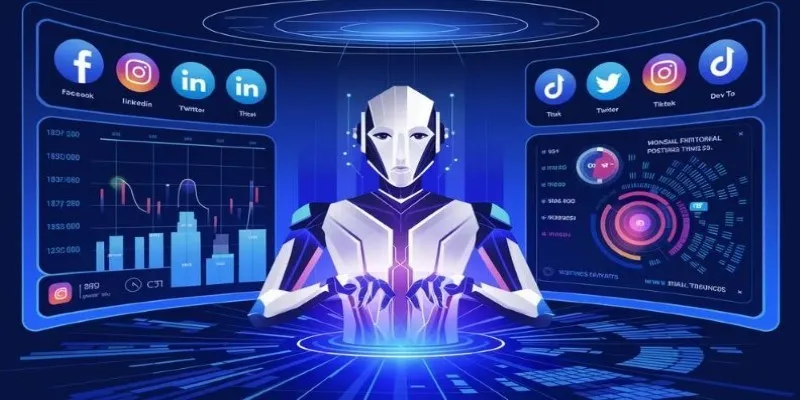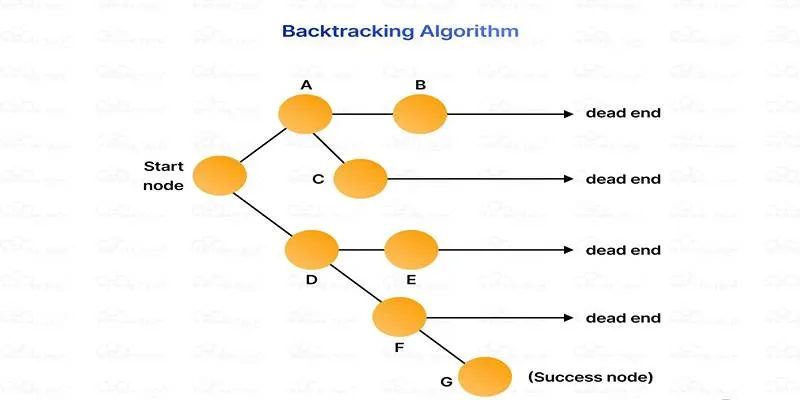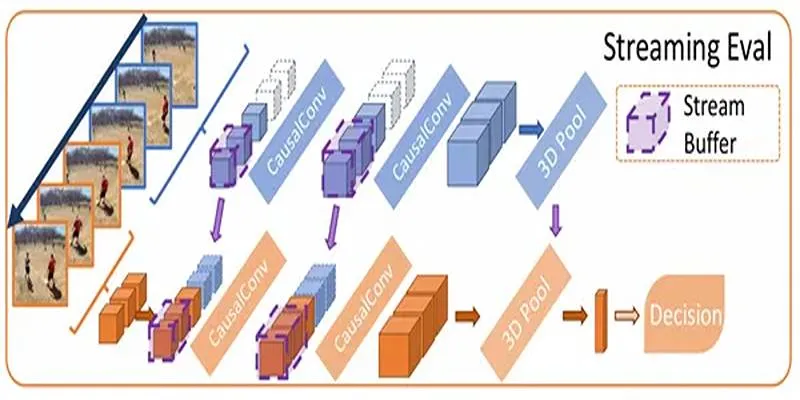In the fast-evolving world of AI applications, two prominent names have emerged: ChatGPT and Claude AI. Both are crafted to assist users with writing, coding, research, and casual conversation, yet they originate from different companies, each with its own distinct philosophy. ChatGPT is a creation of OpenAI, while Claude AI is a product of Anthropic, a company renowned for its focus on safety and constitutional AI.
The rivalry between these two platforms has intensified as more individuals rely on AI tools daily. From students and professionals to developers and researchers, users seek a chatbot that is intelligent, safe, fast, and reliable. But which one ticks more boxes in 2025? Let’s delve into the details.
Key Comparison Areas Between ChatGPT and Claude AI
To determine which AI chatbot better suits your workflow, it’s helpful to compare them across practical features like interface, memory, conversation quality, and pricing. Below is a breakdown of how they differ in core areas, providing you with a clearer picture of what to expect before making a choice.
User Interface and Accessibility
ChatGPT is accessible through OpenAI’s official platform and integrates with Microsoft Office tools. It also offers mobile apps, making it convenient for users who need AI support on the go. Navigation is intuitive, allowing users to switch between models depending on the task.
Claude AI is accessible through platforms like Notion and Quora’s Poe. Its clean interface focuses on distraction-free interaction, although it doesn’t currently offer a standalone mobile app. It’s ideal for users who prefer a minimalist, no-frills interface prioritizing content clarity.
Both platforms load quickly and support multi-device use, but ChatGPT’s native mobile experience makes it more versatile for mobile-first users.
Conversation Quality and Natural Language Understanding
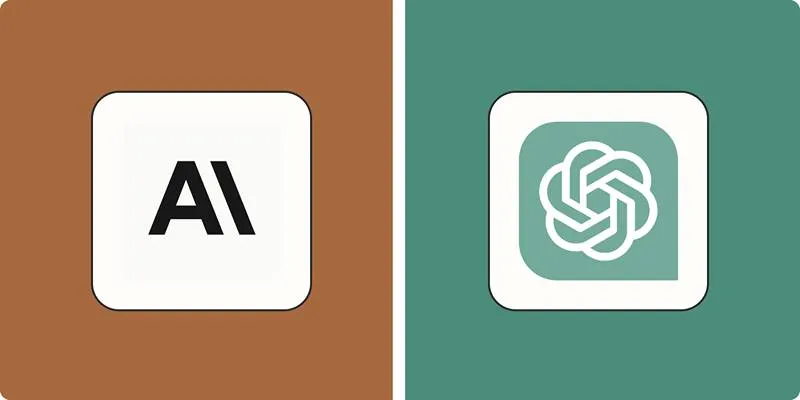
ChatGPT, particularly with its GPT-4 model, delivers highly fluent and creative responses. It adeptly adapts to different tones and manages both casual and formal writing with ease. It excels in brainstorming, storytelling, and tone-matching for brand-related tasks.
Claude AI adopts a more cautious approach, focusing on clarity and responsibility. Its responses are well-structured and often more careful, making it suitable for tasks demanding factual accuracy and ethical sensitivity. It avoids speculative responses, emphasizing helpfulness over style.
While ChatGPT is stronger in expressive tasks, Claude AI may feel more grounded when dealing with topics that require neutrality or restraint.
Knowledge and Context Retention
ChatGPT includes a memory feature that can store user preferences, making interactions more personalized over time. This is beneficial for ongoing projects where context matters across sessions. It can remember tone preferences, previous tasks, or even your name if memory is activated.
Claude AI does not store memory between conversations but can process significantly larger inputs in a single session. This gives it an edge for handling long documents or in-depth tasks at once. Its ability to recall and reference earlier parts of a long prompt adds value to academic or legal work.
ChatGPT is better for continuity across different sessions , while Claude is superior for real-time, single-session depth.
Coding and Developer Support
Developers widely use ChatGPT for code generation, debugging, and logic support. It supports multiple programming languages and works well with tools like GitHub Copilot. It also explains complex code concepts in simpler language, making it beginner-friendly.
Claude AI can assist with code but tends to avoid outputs that could lead to misuse. This cautious approach is beneficial in educational or policy- sensitive environments, though it may limit speed and flexibility. It emphasizes ethical code generation, valuable in environments with strict compliance needs.
ChatGPT serves developers who need flexibility and creativity, while Claude supports users looking for clear, guarded outputs with reduced risk.
Accuracy and Hallucination Control
ChatGPT has improved in reducing false or made-up responses, especially in recent versions. However, it can still present incorrect details with high confidence when uncertain. It may be more prone to providing an answer even if the information is incomplete.
Claude AI tends to be more transparent when it’s unsure. It avoids providing potentially wrong information by asking for clarification or noting limitations, which improves user trust during factual tasks. It prioritizes caution, which is useful for research, law, or finance discussions.
If your work involves critical decision-making, Claude may reduce error risk, while ChatGPT is better for ideation and open-ended thinking.
Speed and Responsiveness
ChatGPT responds quickly, particularly when using GPT-3.5 in the free plan. GPT-4 takes slightly longer but delivers more detailed answers suitable for professional use. It balances response time and depth well for everyday users.
Claude AI is also fast and optimized for handling large inputs efficiently. It often performs better than ChatGPT when working with long research papers, reports, or legal content. Even with high input loads, Claude maintains a consistent pace without lag.
For tasks involving short exchanges, both perform well. For long, detailed content, Claude may save you more time with fewer input limitations.
Pricing and Plans

ChatGPT is free to use with GPT-3.5 and offers GPT-4 access for $20 per month. This plan includes premium features like plugin access and file uploads. It also provides access to tools like code interpreter and vision-based file analysis.
Claude AI’s pricing depends on the platform it’s used through. While tools like Poe offer limited free usage, access to premium features varies and is less standardized than ChatGPT’s structure. Some platforms offer trial tokens, but usage can be capped or locked behind subscriptions.
If you’re looking for predictable pricing and structured value, ChatGPT offers more clarity. Claude’s cost may vary depending on the platform and user level.
Conclusion
ChatGPT and Claude AI are not just rivals—they represent different approaches to AI. One is built for dynamic, flexible, and creative tasks. The other is optimized for thoughtful, safe, and accurate communication.
In 2025, the best chatbot is the one that aligns with your purpose. Whether you’re coding, researching, writing, or just curious, understanding the strengths of each tool helps you make smarter decisions. AI isn’t about replacing humans—it’s about extending what we can do.
 zfn9
zfn9
